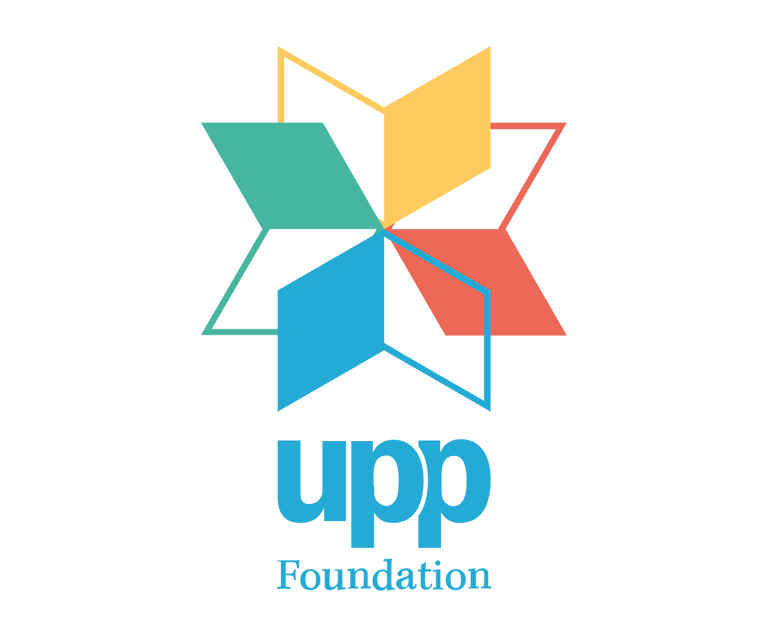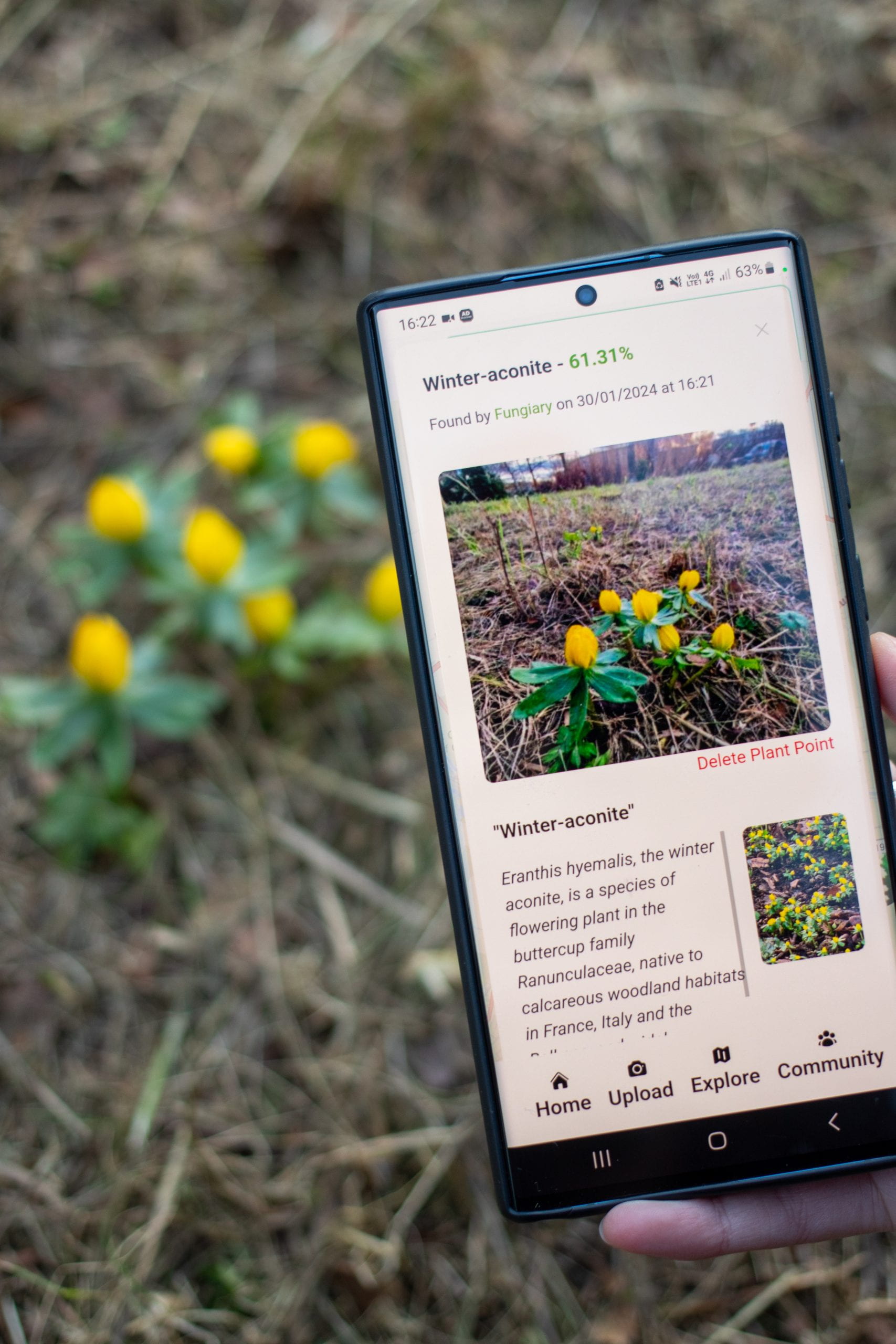
The University of Lincoln was awarded £24,997 from the UPP Foundation funding in order to develop a web app, using AI technology and online apps to understand and enhance ecosystem services and habitat connectivity across Lincolnshire.
Project Scope
The natural and semi-natural environment in urban areas can provide a wide range of Ecosystem Services (ES), e.g., providing habitats for biodiversity, carbon storage and sequestration in vegetation and soil, and water infiltration reducing flooding (Norton et al., 2019). Small areas such as a typical residential garden can make important contributions to these (Beumer & Martens, 2015; Ossola et al., 2019), but high-resolution monitoring of urban ES is currently lacking. There is a need to understand and enhance ES provision in urban areas as these are where most people experience these services. They are also the areas which are most at risk of ES decline (Haase et al., 2014).
This project aims to strengthen the delivery of the University of Lincoln’s (UoL) mission as a sustainable Civic University (University of Lincoln, 2022) by supporting the surrounding community to better understand the key ES provided by nature locally, and how to take action to enhance these. To achieve this, we will engage with local communities and, using a citizen science approach, map three key ES using an AI-enabled mobile application that measures the following:
- Biodiversity and habitat connectivity
- Above-ground vegetation carbon storage
- Water infiltration for flood regulation

Where we are now
This project is ongoing but we are now in a localised testing stage of the pilot app called “iBiodiversity”. This web app enables users to identify plants using the Plant.net AI, view flood management map layers and habitat types.
The working group is an interdisciplinary group of staff, both professional services and academic, who have steered the project, which has offered University of Lincoln students the opportunity for paid work experience in web app development, project management and biodiversity data coordination. 36 students have been involved in the project so far, with input throughout its duration.
A demonstration video showing all features of the app can now be found at: https://youtu.be/HlYo2NcxEWI
After the testing stage, the working group will be recruiting further student developers to add in additional layers of biodiversity surveying, such as the recording of mammals, birds, fungi and insects.
This project at the University of Lincoln, funded by the UPP Foundation, is in progress and we would appreciate any feedback you could offer on your experience of using the app and what you would like to see in future versions. Please be advised that the iBiodiversity website is in progress and that text has not been finalised. We are keen however for user testing on the functionality of the app itself.